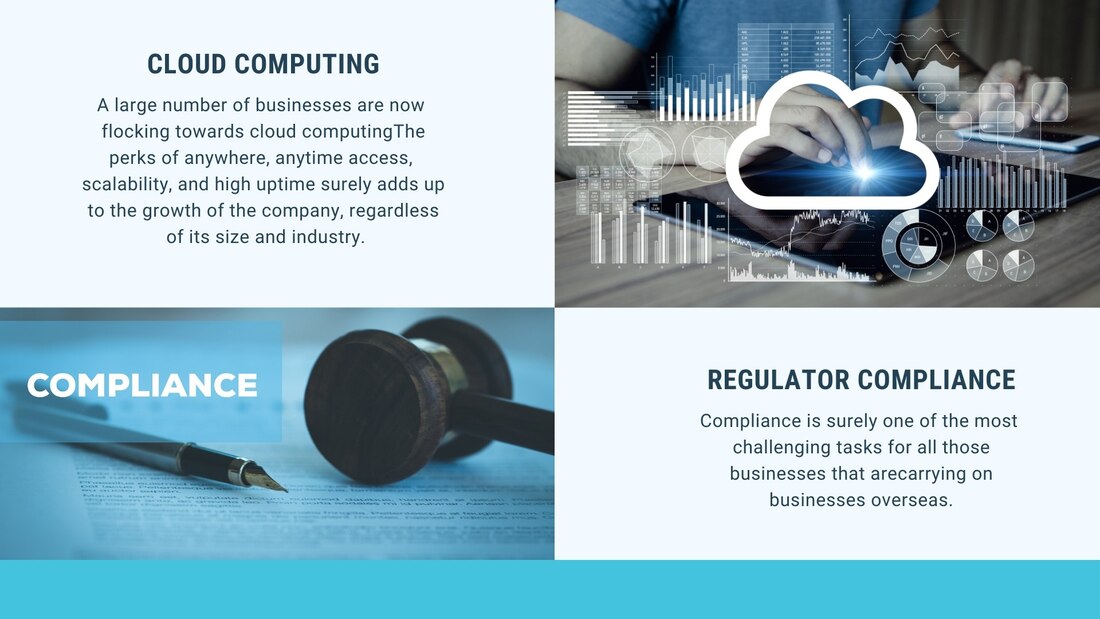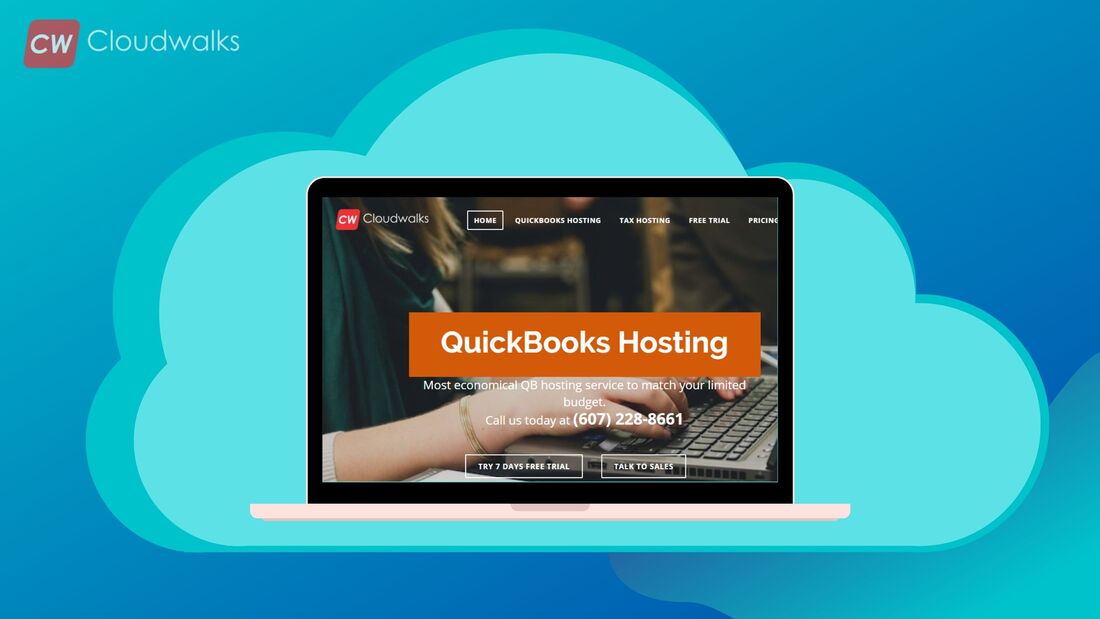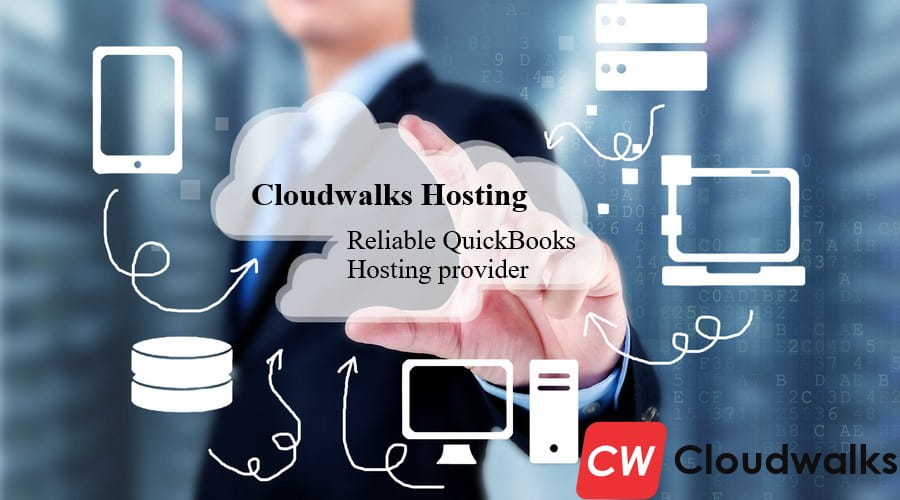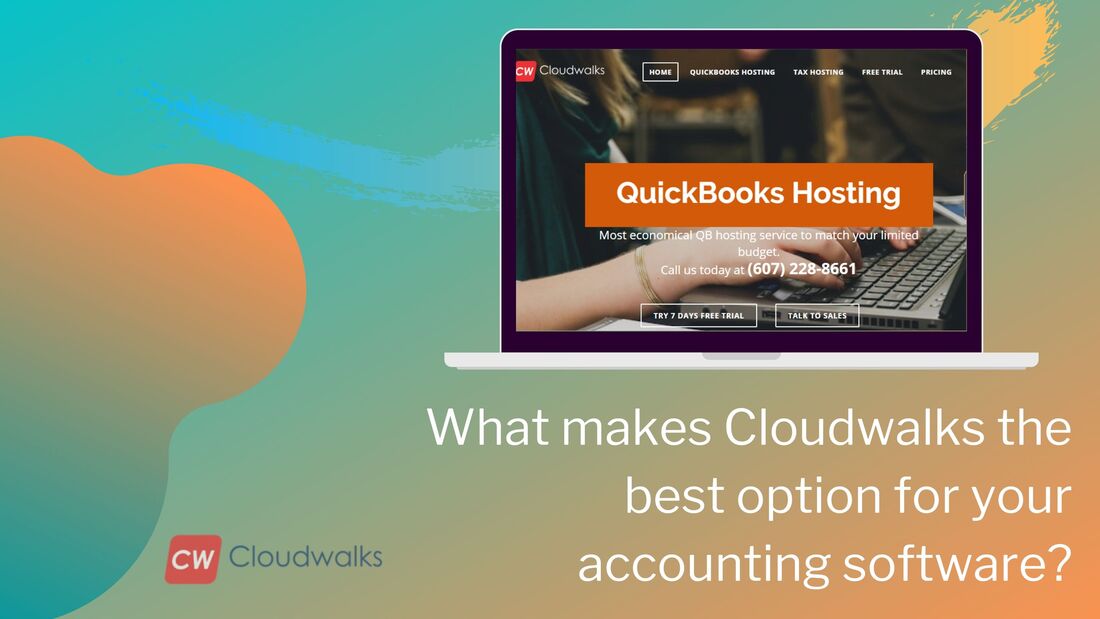|
The burgeoning need of businesses has made the cloud an important part of every business solution. A large number of businesses are now flocking towards cloud computing but still for many people, shifting data and software to the cloud platform is a moot point. The perks of anywhere, anytime access, scalability, and high uptime surely adds up to the growth of the company, regardless of its size and industry. But still the cloud computing platform is amidst by a couple of things and one such thing that some people find challenging is adhering to regulatory compliance. There are many businesses that are not able to keep up with their regulatory compliance needs while acculturating from the traditional method to the technological solution. After all, choosing the right cloud vendor, choosing the right cloud platform and making sure the shift is seamless is a monumental task. And if you will add up the laws regarding the use of cloud computing then the task will become more challenging. But you can’t ignore cloud computing just because of these challenges as cloud computing acts as a blessing for most of the businesses. If you are one of those business owners that is searching for regulatory compliance in terms of cloud computing then you have come to the right place. In this blog post, we are going to discuss about what regulatory compliance on the cloud means and how to adhere to it without any hassle. Confirming compliance in the cloud Compliance is surely one of the most challenging tasks for all those businesses that are carrying on businesses overseas. And if you are in accounting or healthcare sector, then the challenges are going to level up for you. The standards keep on changing in various places and that makes it a bit difficult for businesses to keep up with the always-changing electronic data handling laws. If you are running a business then it becomes necessary to understand the division of responsibilities in terms of regulatory compliance in the cloud. There is no doubt in the fact the cloud vendors make sure that their cloud services and platforms are compliant but as an organization, it is necessary for you to make sure that everything related to the cloud is certified as compliant. Different compliance regulations in different industries HIPAA The Health Insurance Portability and Accountability is an act that was enacted by the U.S in 1996. It focuses on both the security rule and the privacy rules regarding the protection of health information (PHI). The minimum requirement of HIPAA compliance is that all the healthcare firms should get written assurance from the cloud provider that it will work towards the safety of the health-related date of people either received or created by the firm. PCI The Payment Card Industry Data Security Standard or PCI DSS is basically a proprietary information security standard for all the firms that deal with credit cards from major companies like MasterCard, American Express, Discover, and Visa. You should know that the Payment Card Industry is mainly mandated by the cards and when it comes to administration then it is handled by the Payment Card Industry Security Standards Council. The basic motive behind creating this standard was to reduce the number of card-frauds and keep the cardholders protected. Every year, the validation of the compliance is done by QSA or ROC. GDPR One of the major developments in the field of regulatory compliance in the digital era is General Data Protection Regulation or GDPR. This standard was basically designed to keep the data of the users of the European Union protected and safe. According to the standards set by GDPR, the data of an individual like name, contact information, address, gender, age, needs to be handled on servers within the European Union and it should never be transferred outside the boundaries of the EU. In addition to this, GDPR makes it necessary for companies to inform people immediately regarding data breaches and changes that the company has done regarding the use, access, sharing and storage of data. Because of the success of GDPR, other countries are also working towards building a similar type of regulation. Personal Data Personal data is basically that type of information that is used to identify employee, partner, consumer or any other type of entity. You should know that personal data is one of the most important types of data on the cloud platform and that’s why most of the criminals target these types of data. This is why new laws and regulations require companies dealing with personal data to comply and report on compliance and all the different type of breaches that will occur. Two ways of keeping tabs on regulatory compliance in cloud Be wary of new challenges of cloud When you begin your hunt for the best cloud vendor then it becomes necessary to look for sound practices and strategies for access management, user identity, incident response, and data protection. These are some of the basics of compliance requirements. After mapping specific compliance requirements in terms of your cloud vendor, you will surely face some challenges. Data location is one of the major challenges. For example, according to GDRP, you can’t share the data of your users outside EU and this is why while choosing a cloud vendor, you will need to make sure that they don’t violate the GDPR standards and regulations. Monitor the always evolving compliance landscape The decision that you will make regarding which type of software you need to move to the cloud and when you are going to move the cloud is going to benefit you from an understanding of the latest and updated standards that are rapidly changing for cloud platform. While making the shift to the cloud you can make sure to look for SAS 70 Type II certification for general compliance that doesn’t make sure that the processes of your company will comply. So, the only way to make sure that your regulatory compliance needs are being fulfilled is to keep monitoring the changing landscape of compliance on the cloud and stay proactive.
Regulatory compliance in the cloud is not rocket science but it doesn’t mean that you should ignore it. If you are looking forward to stay away from any type of legal action or fine, then it becomes necessary to meet the regulatory compliance on the cloud, regardless of the size and type of business.
0 Comments
Your comment will be posted after it is approved.
Leave a Reply. |
Most useful blogs |
Hosted Applications |
Tax Hosting Services |
Accounting Applications |
ContactAddress
Cloudwalks Hosting, Inc. 40 Exchange Place, Suite 1602 New York, NY 10005 |



 RSS Feed
RSS Feed




